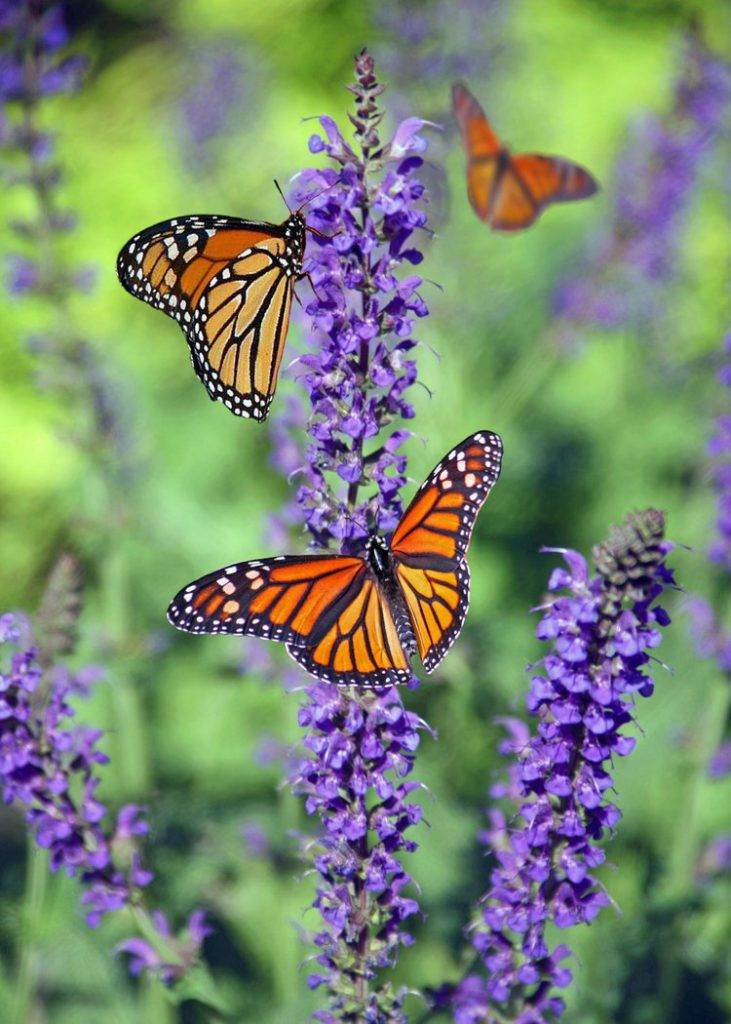Here at Honest, we love anything nature and wildlife, and just recently we have been glued to the new Sir David Attenborough series, Wild Isles. It’s been incredible finding out more information about the wildlife and nature on our doorstep, yet devastatingly eye-opening to see how much biodiversity and the environment in the UK needs our help!
Wildlife pioneers WWF-UK, the RSPB and the National Trust have come together to launch Save Our Wild Isles, a major joint campaign, calling for urgent action for the UK’s recovery and an immediate halt on the destruction of UK nature.
In their film ‘Saving Our Wild Isles’, which is available on BBC iPlayer, Sir David Attenborough narrates a story of hope, discovering what is needed to urgently repair our relationship with nature and the environment and meeting an array of people who are passionate about restoring nature to the British Isles.
Although the nature crisis can be overwhelming, there are small steps everyone can take to do their part and provide a little haven for wildlife at home. Here are our five simple tips to get you started:
1) Set aside areas of your outdoor space as temporary no mow zones, allowing wildflowers and plants to grow, and attracting pollinators and insects. Our client Seedball has a fantastic range of wildflower products that make sowing seeds incredibly easy. Simply scatter seed balls, water and watch the wildflowers grow!
2) Provide a home for birds, bees and more. Think about adding insect houses, nest boxes and bat boxes to your garden to encourage nature to come to you. CJ Wildlife are experts when it comes to homes for wildlife with an extensive range of nest boxes, insect hotels, and bat boxes that are incredibly easy to add to any outdoor space.
3) Avoid using any chemical herbicides and pesticides, make the switch to organic pest control instead. Why not use Nemasys beneficial nematodes to keep slugs, vine weevil and leather jackets at bay or Phostrogen’s Organic Bug Plant Defence.
4) Talk to your neighbours and create a corridor, creating a space for wildlife to move freely between spaces. Hedgehogs are a great example of this, as they walk up to 2km every night. Installing Seedballs’ Hedgehog Highway, or leaving a small gap in the fence allows them to roam further finding food and shelter.
5) Switch your planting materials to peat free. Peatlands are necessary for storing carbon, which helps slow climate change and is a haven for wildlife. Peat-free compost can be found at a range of garden centres including Hillier Garden Centres, which also grows their own garden centre plants in peat-free material at their nursery.
The Save Our Wild Isles website contains a plethora of information about our native wildlife species, habitats, the threats they are facing, and the solutions that are underway to protect and restore the wildlife and habitats of the British Isles.
The campaign also provides advice and inspiration for homeowners, businesses, schools, and communities to make caring for nature a long-term investment. From film screenings for businesses, to resources and learning packs for schools, there is a variety of resources available for all to use.
Whether you’re looking to set up a wildlife sanctuary at home or start a bigger project, why not check out our clients CJ Wildlife and Seedball who offer a whole host of products to make your nature journey even easier. From insect houses to bird food and wildflower seeds, they have everything they need to get you started. Check out our client page for more information!





